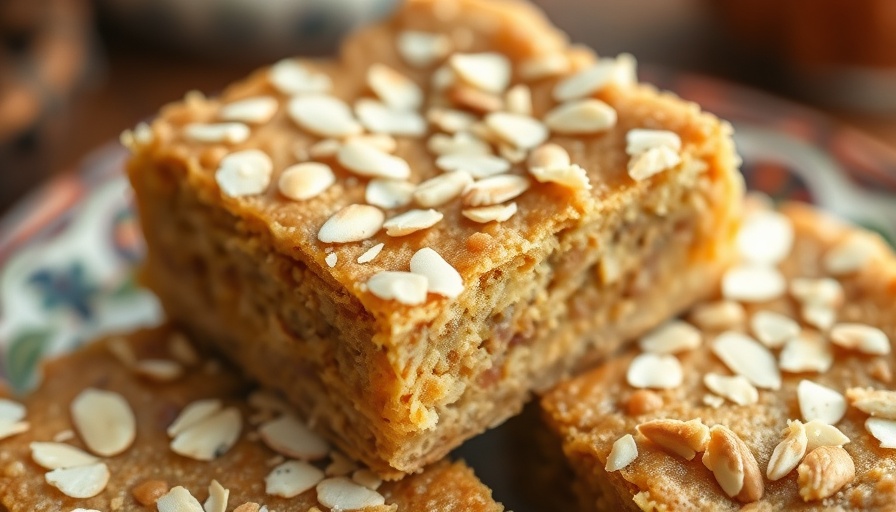
Granola: A Breakfast Staple or a Sugar Trap?
Granola has long been a beloved breakfast choice for many, but recent debates have sparked concerns among health-conscious individuals: Is granola actually good for you? This crunchy delight, often enjoyed with Greek yoghurt and fresh fruits, is hailed as a nutritious option by some, while others warn against its sugar-laden variants lurking on supermarket shelves. Let's dig deeper into what makes granola a potential health ally or foe.
The Nutritional Breakdown of Granola
At its core, granola is a hearty mixture of oats, nuts, seeds, and dried fruits. It provides a blend of macronutrients that can offer significant health benefits if chosen wisely. As nutritionist Isa Robinson points out, granola can be beneficial when consumed in moderation. The presence of fibrous ingredients, such as oats and flax seeds, contributes to a sense of fullness, while healthy fats and proteins from nuts enhance overall nutrient intake.
Granola's Health Benefits
Granola's appeal lies in its numerous health benefits: - **High Fiber Content**: Oats are rich in beta-glucan, a soluble fiber that helps regulate cholesterol levels and supports heart health. - **Protein Supply**: The nuts and seeds in granola provide essential proteins, which are important for muscle repair and recovery, especially for athletes and fitness enthusiasts. - **Mood Boosting**: Certain granolas, particularly those with dark chocolate or dried fruits, can elevate mood due to their combination of carbohydrates and healthy fats.
The Hidden Pitfalls of Granola
Despite its positives, not all granolas are created equal. Some brands pack their recipes with excessive sugars and preservatives, leading to unwanted spikes in blood sugar. This is particularly concerning for those trying to maintain stable energy levels throughout the day. Moreover, the calorie density of granola can pose challenges for portion control — an important consideration for individuals looking to manage their weight.
Choosing the Right Granola
When navigating the cereal aisle, it’s crucial to read nutrition labels carefully. Look for granolas made with whole ingredients like seeds, nuts, and dried fruits rather than those high in added sugars. Robinson advises seeking granolas with a balance of taste, texture, and nutrients. Combining granola with Greek yoghurt not only adds protein but also a creamy texture that enhances satiety. Pair it with berries or a banana for an added nutrient boost.
Incorporating Granola into Your Diet
If you’re a fan of granola, consider experimenting with homemade versions, allowing you to control the ingredients, sugar levels, and overall taste. By making your own, you can incorporate additional superfoods like chia seeds or hemp hearts, which further enhance the nutritional profile.
The Future of Granola: Trends and Predictions
As consumers become increasingly health-conscious, the granola industry is likely to evolve. We may see more brands focusing on low-sugar, high-protein alternatives, catering specifically to those in the fitness community. Flavoured granolas that incorporate popular health trends, such as adaptogens and superfoods, may soon take the spotlight.
Final Thoughts
Granola can indeed be a healthy breakfast option if you choose wisely and enjoy it in moderation. Remember to read labels and seek out products that align with your nutritional needs. By integrating granola as part of a balanced breakfast, you can make the most of its health benefits while minimising potential downsides.
In summary, granola has a rightful place in a healthy diet, provided you select the right type and portion it mindfully. Embrace its crunchy goodness and keep experimenting with various combinations to discover how to best fit it into your lifestyle!
 Add Row
Add Row 

 Add Element
Add Element 


 Add Row
Add Row 
 Add
Add 
Write A Comment